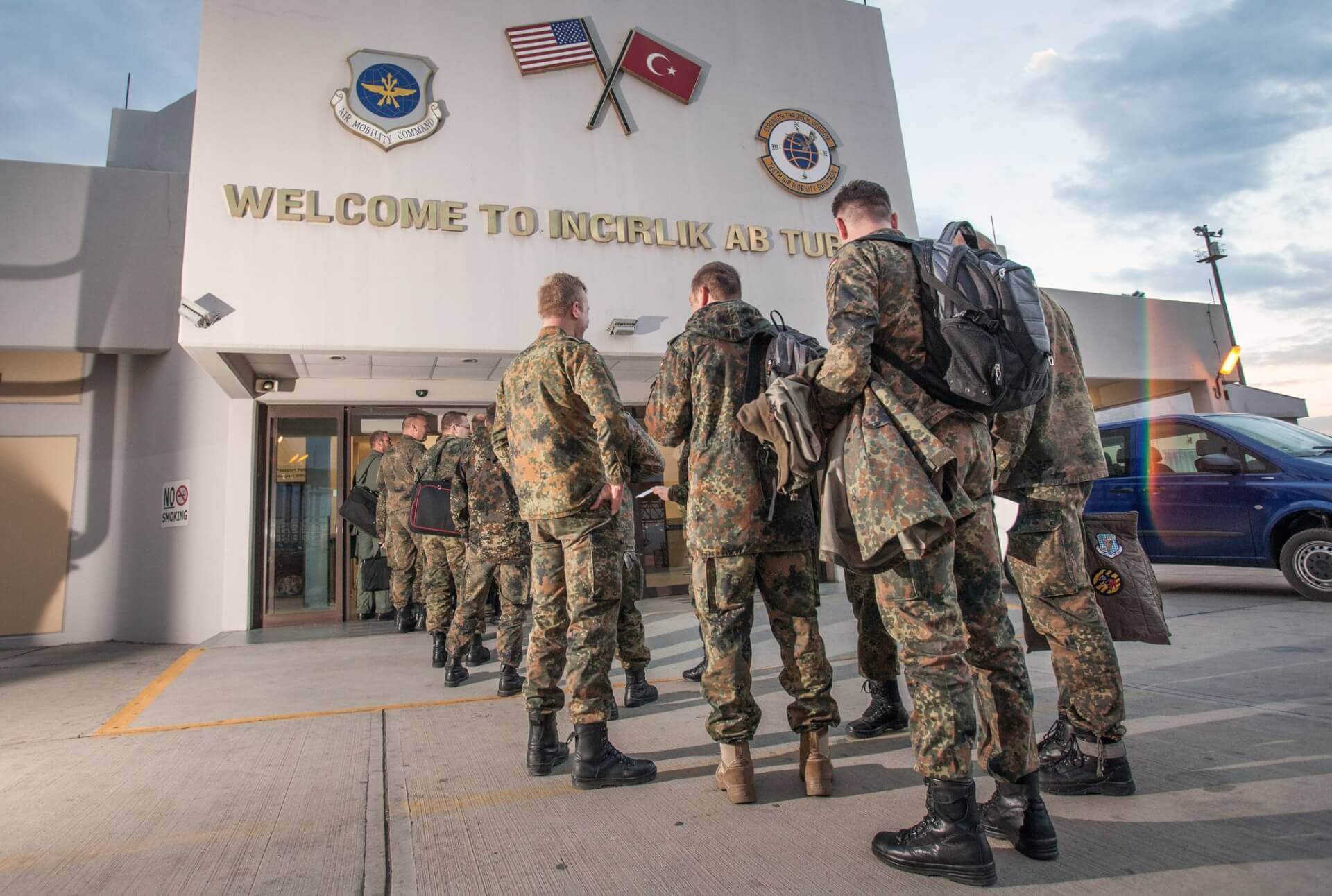The United States (US) is looking at opportunities for rotational US presence across Europe, Department of State Bureau of Political-Military Affairs Assistant Secretary, R. Clarke Cooper said in a telephonic press conference on Monday, after a trip to Greece, the Republic of Cyprus, and Bulgaria.
He was responding to a question regarding whether the US had decided on an alternative to the Incirlik base in southern Turkey, located in the country’s Adana province about 110 kms from the Syrian border. Since its establishment in 1954, the airbase has been an important strategic element for the US and its projections in the region, having played important roles during the Cold War, the 1990-91 Gulf War, and the US-led Operation Inherent Resolve targeting the Islamic State in Iraq and Syria.
However, the fate of the base has also been a point of contention between Washington and Ankara, with the latter blaming the US and NATO for playing a role in the failed coup attempt in 2016. Turkish President Recep Tayyip Erdoğan has previously signaled that Ankara would consider closing down the base in Adana and another one in the eastern Malatya province in the face of US sanctions, and a senior US official said last month that Washington was already looking at Greece as an alternative, where the US is already boosting presence and defense cooperation in the Souda Bay, on the island of Crete.
Asst. Secretary Cooper visited the area during his trip to Greece, but said on Monday that the US more broadly was exploring avenues “across the entire European geographic command as far as where we need to be and where we need to be in the future”. He also noted that it was not unusual for a US official to conduct a site assessment, saying: “We want to see where we invested some of our security assistance to improve facilities for sovereign use for allies and partners. We are looking at macro an entire continent through the frame of great power competition. The US is taking a closer look where we need to be or where we need to adjust our posture in particular places”.
Under the Trump administration, the US has also sought to draw down its troops stationed across the globe, in an effort to deliver on a major 2016 campaign promise to bring soldiers home. In recent months, the government has announced a significant withdrawal of troops from Iraq and Afghanistan. In July, Trump ordered the Pentagon to pull back almost 12,00 troops from Germany in what he called a “strategic repositioning” of American forces in Europe, redeploying an additional 6,000 soldiers to NATO allies such as Poland, Italy, and Belgium. The US has also been embroiled in a tiff with South Korea over costs relating to hosting its 28,500 troops and has hinted at favouring rotational deployments to ensure greater strategic flexibility in responding to global challenges.
US Considering Alternatives to Incirlik Air Base in Turkey
Washington is looking at opportunities for rotational or permanent US presence across Europe.
November 4, 2020

SOURCE: THE NEW YORK TIMES
